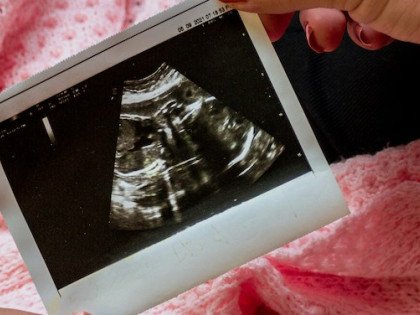COEHAR says: “It is surprising to note that there are very few studies that can be considered truly informative of the risk-benefit ratio of new technologies with reduced risk in terms of their impact on health. We are proud to say that CoEHAR research ranks among the best in the current scientific landscape.”
The review looked at 755 case studies from last five years which reported damage to health caused by electronic cigarettes.
COEHAR continued: “The European Commission recently issued a report which emphasised the damage caused by the use of electronic nicotine-releasing devices. At the same time, it requested for ecigs the same stringent rules valid for all tobacco products in the market. However, it is unclear on what basis the decision by Commission came from. Indeed, it seems that the sources used by government bodies in Brussels came from poor-quality studies.”
Out of the 755, the team found that only 37 were eligible for “precise criteria of scientific quality”. By comparing the selected studies and critically evaluating their contents, they say it was possible to state that electronics are safer than conventional cigarettes.
Professor Riccardo Polosa, founder of CoEHAR and head of a pool of international researchers, said: “When it comes to disseminating accurate scientific data about the potential harm of electronic cigarettes, we should proceed based on studies that can be defined scientifically relevant.”
Cother Hajat, University of the United Arab Emirates, added: “Proper optimisation of the study, the use of clinically relevant clinical-functional indicators, and the correct assessment of the correlation are essential criteria for reaching scientifically valid results.
“A scoping review of studies on the health impact of electronic nicotine delivery systems is a review that assessed the argumentative strength, quality and structure of studies that associate the use of electronic nicotine-releasing devices with a particular negative outcome in terms of health. Thus, certifying the relationship between use and possible pathological degenerations.”
The team say that to assess the impact of ecigs on health, it is necessary to compare the benefits of quitting smoking with the potential harm or benefits of switching to electronics
“What is alarming is that the qualitatively inadequate studies were decisive for the evaluation expressed by the European Commission on the use of ecigs: one of these, for example, underlined the correlation between the use of electronic devices and the possibility of incurring a myocardial infarction.”
The Glantz study demonstrating a link between vaping and heart attacks was subsequently found to be deeply flawed.
“The review shows no evidence of any links between the use of electronic devices to cardiovascular diseases: on the contrary, there are benefits for patients suffering from hypertension.”
Polosa concluded: “It is surprising to note that there are very few studies that can be considered truly informative of the risk-benefit ratio of new technologies with reduced risk in terms of their impact on health. We are proud to say that CoEHAR research ranks among the best in the current scientific landscape. Therefore, it is alarming to note that many health authorities rely on poor quality research to insist on perpetuating the disinformation campaign against electronic products”.
References:
- Centre of Excellence for the Acceleration of Harm Reduction - https://www.coehar.org
Dave Cross
Journalist at POTVDave is a freelance writer; with articles on music, motorbikes, football, pop-science, vaping and tobacco harm reduction in Sounds, Melody Maker, UBG, AWoL, Bike, When Saturday Comes, Vape News Magazine, and syndicated across the Johnston Press group. He was published in an anthology of “Greatest Football Writing”, but still believes this was a mistake. Dave contributes sketches to comedy shows and used to co-host a radio sketch show. He’s worked with numerous start-ups to develop content for their websites.
Join the discussion
Expert Reaction to Pregnancy Study
Experts have reacted to the QML study of impacts of vaping in pregnancy and comparison with smoking
Study: Vapes Help Pregnant Quitters
A new study from Queen Mary University of London finds that vapes help pregnant smokers quit and pose no risk of poor pregnancy outcomes
IBVTA responds to UCL study
The Independent British Vape Trade Association has responded to University College London research and said the findings show the Government’s smoke-free ambition is stalling
Cochrane Review Echoes Swedish Success
The Cochrane Review echoes the Swedish approach, finding less harmful alternatives like vaping are superior to other quit methods, says Smoke Free Sweden











